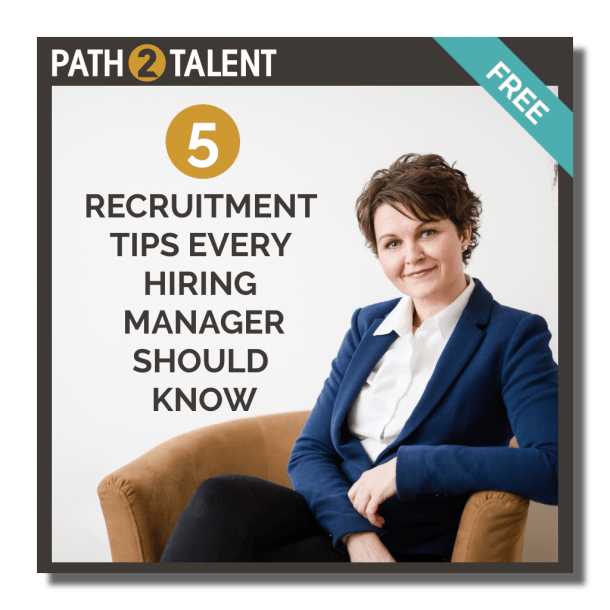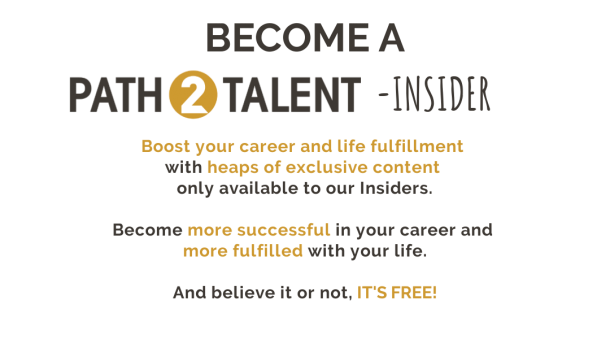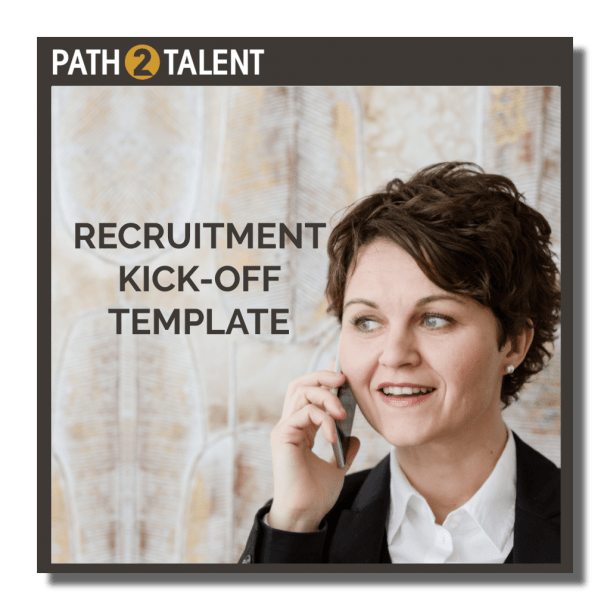Recruitment biases and objectivity

Recruitment biases and how they influence objectivity and team diversity
Diversity has become an integral part of our lives. But is it really?
Are you comfortable cooperating with or hiring somebody, who is different? …and try to be honest now – nobody sees you! 😉
We are talking about biases. Biases are a challenge for everyone. They affect us all, even the most experienced, intelligent, and empathetic among us. And when it affects our judgment at work, we face a serious issue.
As a hiring manager, recruiter, or leader you want to bring to your workplace new skills, thoughts, and perspectives – and these all come from a diverse and inclusive workforce.
Thus, the question is:
How to minimize the influence of biases?
I have explored the most common profession biases –> and especially the gender bias is endemic in many roles, here are a few most common ones, that each of us could have experience with:
- female pilots mistaken for flight attendants
- male nurses frequently mistaken for doctors (and in some languages, this profession does not even have a masculine alternative name!)
- female doctors mistaken for nurses
- females in the construction industry generally not presumed to be contractors or general managers
- female lawyers mistaken for someone other than the lawyer in a case
The list goes on and on and I haven’t touched very specific environments like the army, police, sports etc. And we speak about gender only, but what about all the other areas? Age, sex, skin tone, appearance, figure, nationality and many more… This topic is a source for a book, not an article!
Ready for hiring?
This free document contains best practices to tackle and avoid common recruitment challenges.
Recruitment biases are natural
Biases are natural developments based on our individual backgrounds and experiences. We can’t help it. Every human is biased. Dictionary describes bias as a strong feeling in favour of or against one group of people, or one side in an argument, often not based on fair judgement.
It is a kind of shortcut, strongly influencing your decision, and it can often lead to incorrect assumptions and reactions—perhaps even to stereotypes and prejudice.
Every day we take many decisions, stating like or dislike to all the people we are meeting. Is it possible to adjust our vision, are we able to manage it or shall we simply give up, when we all are biased?
What is on a conscious level, under our control, and what is subconscious, out of our reach? And is it really out of our reach though?
Well, the answer, in this case, is not “out there”, but inside us. Let me navigate you gently…
Bias-free recruitment
Recruitment is extremely sensitive to a very fair and bias-free approach, so I decided to make an experiment. To bring you very honest and bias-free insight I decided to try an Implicit Association Test from the Harvard.edu project on Social and Behavioural Sciences research. This project is testing the attitudes and beliefs across the population and tests are checking, how you perceive nationalities, religions, races, skin tone, gender in general and gender/career or gender/science relations, sexuality topic testing your gay/straight perception, ageism, disability etc. Those tests often reveal automatic preferences – you can´t hide anything.
Well, well – long story short – mine results were surprisingly shaking all my beliefs. Do you dare to try it yourself?
What can make you feel a bit better in advance – you will see the result of automatic preferences, subconscious behaviour, and your first reaction. But we are humans, we have our “softeners & filters” like ethics, purpose, and kindness and some of us at least have rational logic and responsibility for consequences… And we always apply those filters in the second step.
So, go ahead, mirror your own biases, and try some tests yourself! You might become a kinder person, a better friend, colleague or leader – you need just a few minutes to check out your own weakness to name them and turn them into strength. https://implicit.harvard.edu/implicit/takeatest.html
Once you experience yourself how it feels, perhaps you will start to question your value ladder!
Any doubts or questions regarding how to recruit effectively and be an objective non-biases interviewer, feel free to connect with me or my colleague Lubica Kangas.
With passionate regards ,-)

P.S. If you like this post, feel free to share it with your friends! You find the sharing buttons on the left side of the screen. And you will find more exciting posts like this also on our blog.
Sources:
Harvard.edu
https://www.td.org/professional-partner-content/the-most-common-biases-stalling-your-diversity-and-inclusion-efforts
https://www.americanbar.org/groups/business_law/publications/blt/2020/04/everyone-is-biased/
Ready for hiring?
This free document contains best practices to tackle and avoid common recruitment challenges.
Perfect kick-off to your recruitment
This free kick-off template helps you get clearer on your recruitment process and to take many initial steps on your own.

The author
More relevant posts
RECRUIT LIKE AN INVESTOR
Usually, when companies hire, they want to play it safe. But only if you are willing to take a risk, like an investor, you can truly win big.
Almost One-Fourth of us is Planning a Job Change
One quarter ready for a job change – that is a strong statement. Let´s have a look at the following surprising numbers!
WHAT AFFECTS EXECUTIVE SEARCH TIMELINE?
What shall be the right delivery time by the recruitment partner/agency/or even the in-house recruiter? Being in this profession more than 20 years,…







